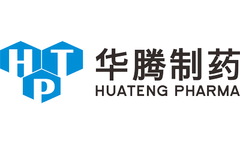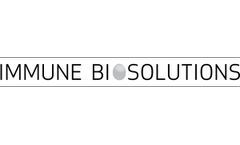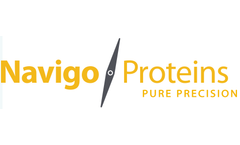Therapeutic Antibody Discovery Articles & Analysis: Older
9 articles found
Alfa Cytology has unveiled new services focused on therapeutic antibody development for bladder cancer research.Alfa Cytology, a prominent cancer research services supplier based in New York, proudly announces the launch of its comprehensive services for bladder cancer therapeutic antibody development. ...
Within the rapidly advancing realm of biotechnology, zebrafish genome editing services are carving a niche, heralding a new epoch in genomics and cellular research. This development is driving innovative research approaches, empowering researchers to create effective models to comprehend complex genetic interactions and responses quickly and efficiently. Zebrafish, also known as Danio rerio, ...
Within the rapidly advancing realm of biotechnology, zebrafish genome editing services are carving a niche, heralding a new epoch in genomics and cellular research. This development is driving innovative research approaches, empowering researchers to create effective models to comprehend complex genetic interactions and responses quickly and efficiently. Zebrafish, also known as Danio rerio, ...
Targeted protein degradation (TPD) is a promising strategy in the field of drug discovery. In recent years, targeted protein degradation (TPD) technology has developed rapidly, especially proteolysis targeting chimera (PROTAC), which is the most representative technology of TPD strategy. TPD drugs are one of the hot spots of new drug development in recent years, especially in the field of ...
Why target GPCRs with antibodies? The G Protein-coupled receptor (GPCR) superfamily represents the largest and single most important family of human drug targets. GPCRs play a central role in a plethora of biological processes and are linked to a wide range of therapeutic areas including cancer, diabetes, inflammation, cardiovascular diseases, and chronic pain. Expressed in every type of cell in ...
What is the Clinical Data Interchange Standards Consortium? The Clinical Data Interchange Standards Consortium (CDISC) is a global, not-for-profit organisation that develops data standards across all the healthcare sector. Founded in 1997, over the last 20+ years CDISC has provided guidance on the transformation of clinical data from incompatible into interoperable formats so that it is usable, ...
ByLifebit
Scientists continuously face pressure to purify biologics like protein therapeutics with maximum yield while minimizing cost and developing processes as quickly as possible. ...
In collaboration with Myrio Therapeutics, an antibody discovery company, the researchers developed a PC-CAR against this peptide and showed that these PC-CARs can recognize tumor-specific peptides of different HLA types, which means that this treatment can be applied to patients with different genetic lineages. ...
Advances in DNA sequencing technology have made it possible to extensively analyze the breast tumor genome and construct a catalog of gene mutations that may initiate or drive tumor progression. In addition to the well-known common mutations in oncogenes (such as TP53 and PIK3CA), breast cancer also contains a variety of rare mutations that have a low incidence in the patient population. Despite ...







